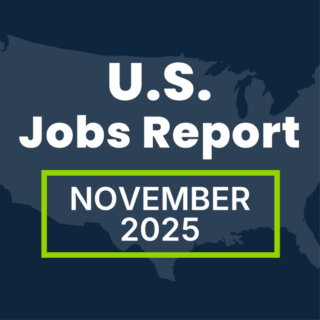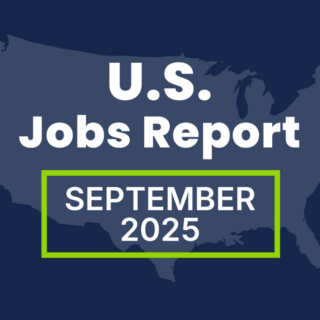As 2018 drew nearer to a close and uncertainty over Brexit threatened to topple the stability of the government and political clashes intensified, the jobs market in the UK simply shrugged and continued to post record numbers.
January’s report published by the Office for National Statistics and includes the following details on the three months covering September through November 2018:
- Wages continued to rise at their highest level in a decade.
- The number of people working in the UK rose by 141,000 to 32.53 million. That is the highest figure since records began in 1971.
- The unemployment rate was 4.0%, its lowest since the quarter spanning December 1974 to February 1975, well before most of those in today’s UK workforce were born.
- There were 328,000 more people working in the UK than a year earlier.

Surprise at a Robust Report
Given the uncertainty surrounding Brexit, some economists were anticipating a report that signaled a slowing down of the jobs market, so the good news in January’s report came as a pleasant surprise. As a BBC economic correspondent noted:
“At first blush the most surprising thing about the jobs market as portrayed by the latest figures from the Office for National Statistics is how robust it is. All this talk of Brexit uncertainty and yet employers continued to take people on. The number in work and the proportion in work continued to hit a new record – as it has done now, more or less continuously, for years. And the bulk of the new jobs were full-time; there are now a record 24 million full-time jobs in the UK.
Is the jobs market simply ignoring all the Brexit-induced political chaos? Does this confirm suspicions that warnings of slower growth owing to the prospect of a no-deal Brexit was merely Project Fear? The answer to the latter question is ‘no,’ and to the former ‘we don’t know yet.’
The key is that jobs figures trail the rest of the economy. Firms that took people on in the September to November period will have decided to do so in the summer, when confidence was higher and the politics less fraught. So we will still have to wait a few months to know if Brexit uncertainty has hit the jobs market or not.”
Job Vacancies and Skill Shortages: UK Employers Ramp Up Hiring Plans
The number of job vacancies rose by 10,000 to a record high of 853,000. The Financial Times reports that most UK employers plan on expanding their headcount this year due to concern over the shortage of skills by those who could fill these vacancies:
“Skills shortages have prompted UK business leaders to ramp up their hiring plans, a survey has revealed, at a time when employers face mounting pressure over a tightening labour market. About 61% of British executives, as opposed to 53% of global leaders, expect to increase their company headcount this year, according to an annual PwC report, which includes responses from 1,378 chief executives globally and 220 from the UK. A year ago just over half of UK chiefs planned to increase staff numbers.
PwC’s CEO report comes as UK data on Tuesday revealed that real wages in the three months to November rose at their fastest rate in two years, driven in large part by a tight labour market. Unemployment fell to 4% over the three-month period, according to the Office for National Statistics, the lowest since the winter of 1974, resulting in higher wages but making life harder for companies seeking to hire, with labour shortages opening up in some parts of the country. Almost eight out of 10 UK chief executives marked a shortage of skills as their top fear, down from 83% a year ago. The leaders were increasingly pessimistic about their ability to increase revenue in the year ahead, according to PwC’s Monday report.”
“I hope it will last”
With the UK scheduled to leave the European Union in March, there is still no clear plan of what Brexit will look like. Despite all the tension and uncertainty, the jobs market continues to gain momentum. As Oscar Wilde wrote: “This suspense is terrible, I hope it will last.”




